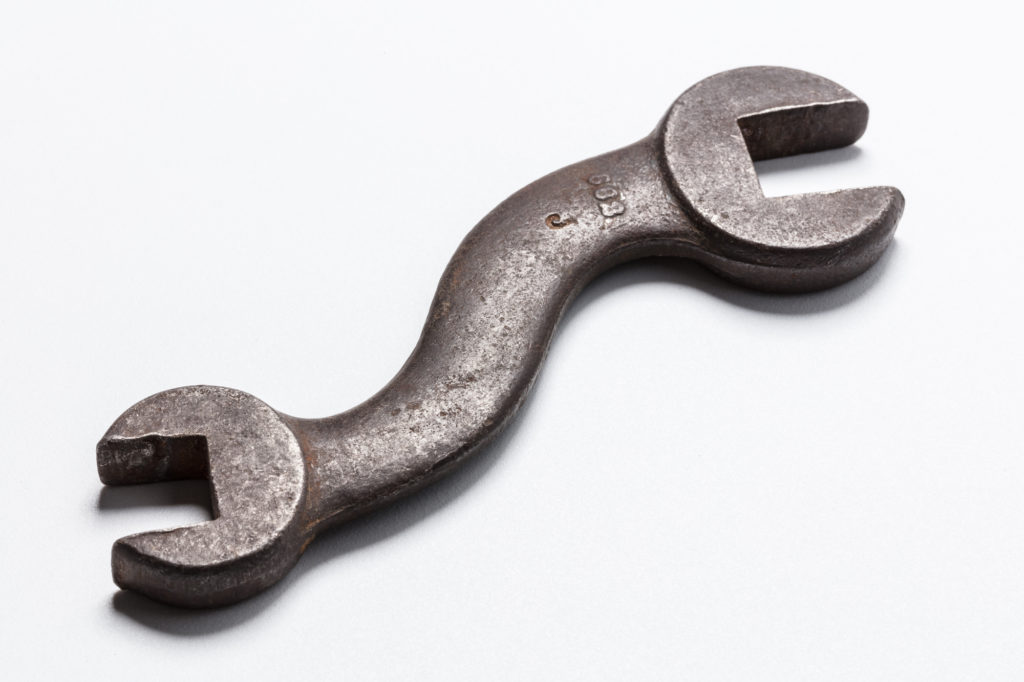
Now that we’ve gotten a cursory look at how and why we deny death, I want to turn our focus to how embracing our mortality can serve as a tool for personal transformation. As I’ve written before, Thanatism isn’t a philosophy or scientific study, it’s a faith. Like all faiths, it serves as a way to transform us personally and, should enough of us embrace the new life it offers, society as a whole.
How does this work though? How does Thanatism transform us? Well, as humans, we have a tendency to get stuck. We get stuck in our beliefs, our thoughts, and our habits. We don’t really plan on this, but as we go about our lives, we begin to fall into certain patterns that, left unchecked, can put us into a perpetual groundhog day of mundanity. Worse, sometimes, we get stuck into beliefs, thoughts, or habits that are destructive both to us and those around us.
Traditional faiths help us get unstuck by proposing an otherworldly entity (usually a God or gods) who we focus on through prayer, song, and ritual. By focussing on this other entity, our habitual thoughts about ourselves get disrupted and momentarily replaced by the thoughts and ideals of that other entity. This focus on that which is entirely other than ourselves wrenches us from our day-to-day thinking and creates the space for reevaluation and recreation.
Obviously death in Thanatism works a bit differently. We don’t worship death. Death doesn’t have a set of rules that it asks us to live by. Death will not supernaturally intervene in this world to transform events in our favor. Although death fails in these regards, it does serve admirably well to wrench us from our day-to-day thinking in order to help us refocus on what is of ultimate importance to us.
That’s what I mean by death serving as an existential tool. Accepting our mortality, and not just intellectually, but actively and spiritually, disrupts our stale and staid thought processes. It strips us down to our essential being. It throws our attention back onto ourselves and the realities of our world, and it asks us to remember what we really care about.
And although death doesn’t have a book of right and wrong, it does have some specific things to say about who we are as humans–namely it demands that we accept ourselves as we really are as opposed to our idealized selves we often get lost in. By doing so, it not only helps us shift from our habitual ways of thinking into something new, but also exposes some truths about us that can help us become our better selves.
